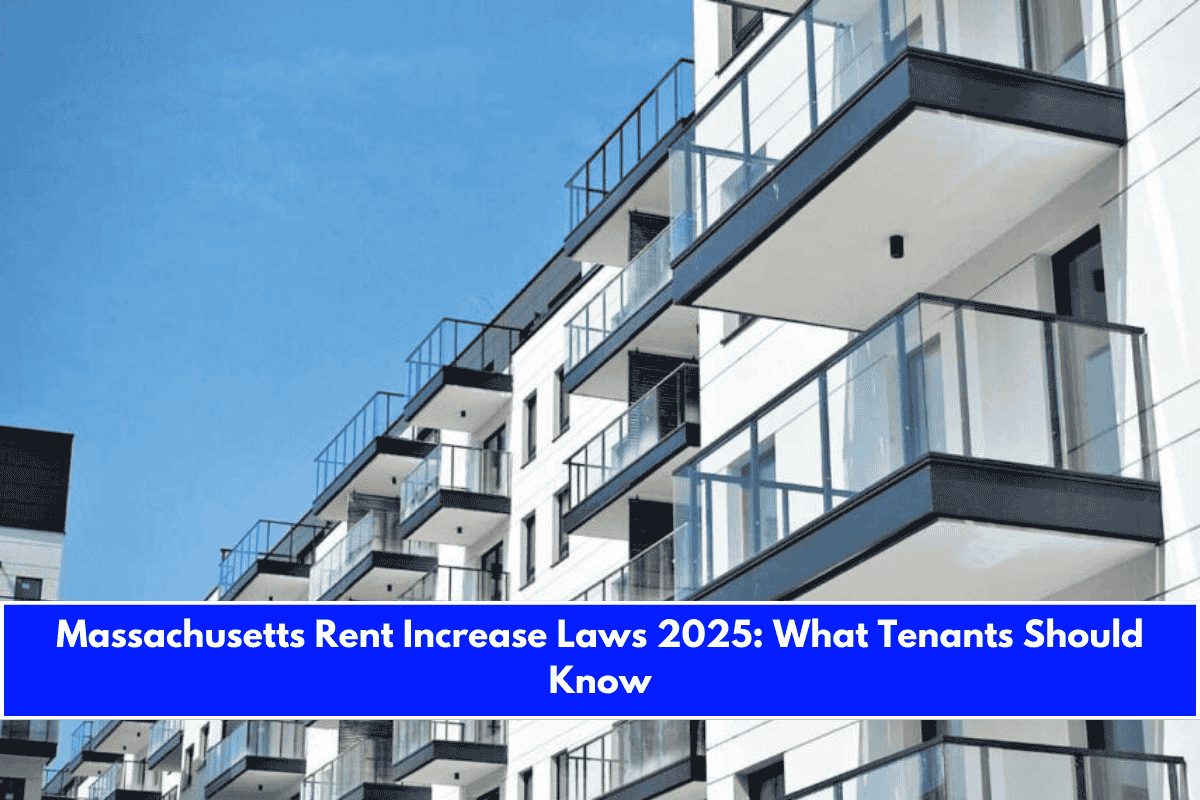As of 2025, Massachusetts does not have a statewide limit on how much landlords can raise rent. Landlords are legally allowed to increase rent by any amount and as often as they wish, provided they follow proper notification procedures and do not discriminate or retaliate against tenants.
The only exception is in the city of Cambridge, which maintains some local rent control protections. In all other cities and towns, there is no legal maximum for rent hikes.
Notice Requirements for Rent Increases
- Month-to-Month (Tenancy-at-Will): Landlords must provide tenants with at least 30 days’ written notice before a rent increase takes effect. If rent is paid less frequently (e.g., every two months), the notice period must match the payment interval.
- Fixed-Term Leases: Rent cannot be increased during the term of a fixed lease unless the lease specifically allows for mid-term increases (such as a tax escalator clause). Otherwise, rent can only be raised at the end of the lease term, with proper notice before renewal.
- Notice Content: The notice must clearly state the new rent amount and the date the increase will begin. If the tenant does not agree to the new rent, they are only obligated to pay the current rent until the end of the notice period or lease term.
Tenant Protections
- Discrimination: Landlords cannot raise rent based on a tenant’s race, color, religion, national origin, sex, disability, familial status, or other protected characteristics under federal and state fair housing laws.
- Retaliation: It is illegal for landlords to raise rent in retaliation for tenants exercising their legal rights, such as filing complaints about housing conditions.
- Habitable Dwelling: Tenants have the right to a safe and habitable dwelling. Rent increases do not relieve landlords of their obligation to maintain the property.
Proposed Legislation: Rent Control and Stabilization (2025)
There is no statewide rent control in effect as of April 2025, but new legislation is under consideration. The proposed “Act enabling cities and towns to stabilize rents and protect tenants” would allow local governments to adopt rent stabilization measures, potentially capping annual rent increases at the rate of inflation, up to a maximum of 5%.
- Status: This legislation has not passed as of April 2025. If enacted, it would only apply in cities and towns that choose to adopt local rent control ordinances.
Summary Table: Rent Increase Rules in Massachusetts (2025)
| Rule/Requirement | Current Law (2025) |
|---|---|
| Statewide rent cap | None |
| Local rent control | Only in Cambridge (limited); proposed elsewhere |
| Notice for month-to-month | 30 days’ written notice |
| Notice for fixed-term lease | At lease end (unless lease allows mid-term hike) |
| Maximum increase allowed | No limit (except in Cambridge) |
| Discriminatory/retaliatory hike | Illegal |
| Habitable dwelling requirement | Yes |
What Should Tenants Do?
- Review your lease for terms about rent increases.
- Watch for written notice of any rent increase; oral notice is not valid.
- Consult local tenant resources or legal aid if you believe a rent increase is discriminatory, retaliatory, or improperly noticed.
- Stay informed about proposed rent control legislation, especially if you live in a city considering new protections.
In 2025, Massachusetts landlords can raise rent by any amount with proper notice, except in Cambridge. There is no statewide rent cap, but new local rent control measures are being debated.
Tenants are protected from discriminatory and retaliatory increases and must receive written notice before any rent hike takes effect.
Sources:
- https://rentpost.com/resources/article/raise-rent-laws-in-massachusetts/
- https://www.homesforallmass.org/content/act-to-stabilize-rents-2025-fact-sheet-eng.pdf
- https://www.steadily.com/blog/rent-increase-laws-regulations-massachusetts
- https://www.steadily.com/blog/how-much-can-a-landlord-raise-rent-in-massachusetts
- https://baystatebanner.com/2025/04/16/new-rent-control-legislation-takes-aim-at-drastic-increases/











Leave a Reply